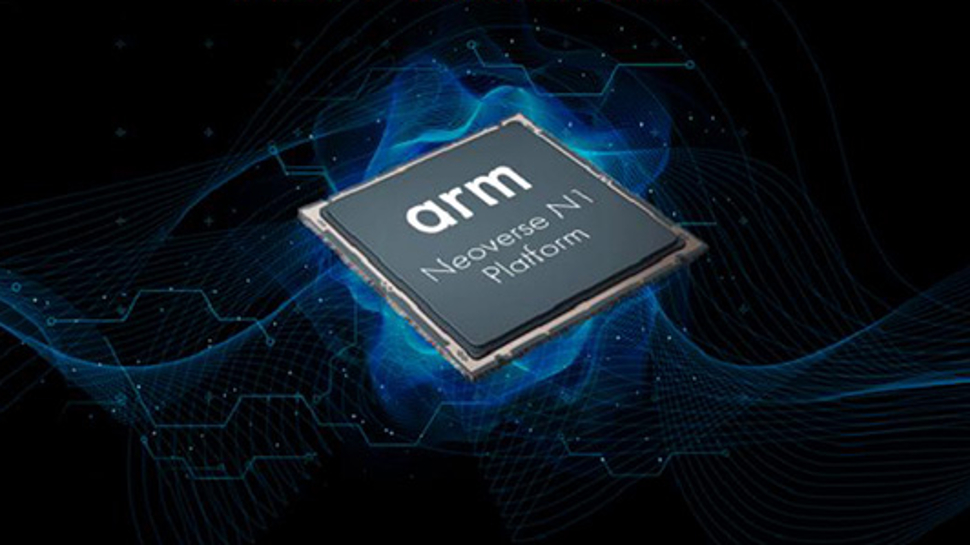Amazon wants to crush Intel Xeon and AMD Epyc with new Graviton2 chips
7nm SoC with 64-cores represents an incredible price/performance proposition

Following whispers that Amazon was about to usher in 2nd-gen processors to be used in its servers and data centers, the company has revealed exactly that: new Graviton2 chips.
AWS Graviton2 7nm SoCs follow-on from the original Graviton models (obviously) and use Arm’s Neoverse N1 architecture as the previous speculation dictated.
That rumor contended that there would be 32-cores, when in fact the chips will run to 64-cores, and Graviton2 represents a huge performance boost compared to its predecessor.
- Amazon’s new AI keyboard could compose hit pop songs in the future
- NASCAR picks AWS to power its cloud
- Best cloud management software of 2019
In fact, Amazon says that Graviton2 is capable of delivering up to a sevenfold performance increase compared to 1st-gen-based A1 instances across all cores, and up to twice the performance per core. Memory access will be up to five times faster than the original Graviton chips, too, thanks to additional memory channels and double-sized per-core caches.
The new processors were shown off at the AWS re:Invent 2019 cloud conference, with the expected array of slides highlighting the strengths of Graviton2.
That includes a boast about a new generation of ARM-based instances which are 40% better in terms of price/performance compared to current (fifth-gen) x86-based instances. So as expected, these are hitting hard in terms of value proposition and that price/performance ratio.
Eye-opening benchmarks
Amazon’s own benchmarking shows some big per-vCPU performance gains compared to M5 instances, including around a 43% increase in SPECjvm 2008, a 44% boost in SPEC CPU 2017 integer, and an increase of around 24% in SPEC CPU 2017 floating point.
Sign up to the TechRadar Pro newsletter to get all the top news, opinion, features and guidance your business needs to succeed!
Amazon further notes: “The new instances raise the already-high bar on AWS security. Building on the existing capabilities of the AWS Nitro System, memory on the instances is encrypted with 256-bit keys that are generated at boot time, and which never leave the server.”
Amazon says it’s working on three different kinds of Graviton2-powered EC2 instances: general-purpose, compute-optimized and memory-optimized. It’s now running M6g (general-purpose) instances in preview, for testing with non-production workloads, and a full rollout is expected to begin in 2020.
As we observed yesterday, the price/performance ratio on offer with Graviton2 is a very compelling draw, and this truly is Amazon making a real move to push ARM in the data center, an arena that Intel currently dominates – but is also under fire from AMD’s top-notch 2nd-gen Epyc silicon.
- Best cloud storage of 2019: free, paid and business options
Via Anandtech
Darren is a freelancer writing news and features for TechRadar (and occasionally T3) across a broad range of computing topics including CPUs, GPUs, various other hardware, VPNs, antivirus and more. He has written about tech for the best part of three decades, and writes books in his spare time (his debut novel - 'I Know What You Did Last Supper' - was published by Hachette UK in 2013).